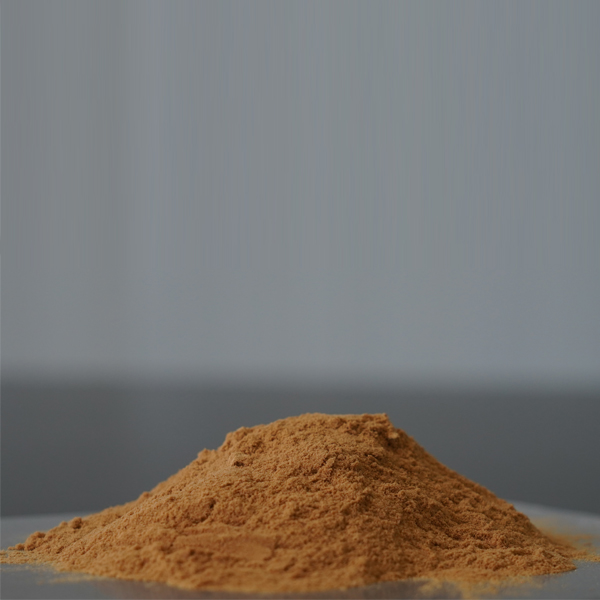
News
Oct . 17, 2024 00:36 Back to list
Chelated Micronutrients for Enhanced Plant Growth and Health
Chelated Micronutrients for Plants Enhancing Growth and Nutritional Value
In the world of agriculture and horticulture, the importance of micronutrients cannot be overstated. These essential elements, required in small amounts, play a crucial role in plant growth, development, and overall health. Among the various forms of micronutrients, chelated micronutrients stand out as particularly beneficial for plants. This article delves into what chelated micronutrients are, their significance, and how they can enhance plant growth and nutritional value.
Understanding Chelated Micronutrients
Chelated micronutrients are mineral nutrients that have been chemically bonded with organic molecules, known as chelating agents. This process creates a stable complex that prevents the micronutrients from reacting with other elements in the soil. As a result, these nutrients remain available for plant uptake for longer periods, thereby improving their efficiency. Common chelated micronutrients include iron, manganese, zinc, copper, boron, and molybdenum.
The chelation process improves the solubility and mobility of micronutrients in the soil solution, making them more readily available for absorption by plant roots. In conventional forms, micronutrients can often become insoluble or locked up within the soil, rendering them ineffective for plant use. Chelation helps overcome this issue and ensures that plants have access to the necessary nutrients when they need them.
The Benefits of Chelated Micronutrients
1. Improved Nutrient Availability Chelated micronutrients dissolve more readily in water, enhancing their availability in the soil. This is particularly important for crops grown in alkaline soils, where certain nutrients may become unavailable due to high pH levels.
2. Enhanced Plant Growth Micronutrients, albeit required in small quantities, are vital for many physiological processes in plants, including photosynthesis, respiration, and nutrient transport. Chelated micronutrients can significantly boost plant growth, leading to greener foliage, improved flowering, and more plentiful fruiting.
chelated micronutrients for plants

3. Increased Stress Tolerance Plants treated with chelated micronutrients often show greater resilience to environmental stresses, such as drought, extreme temperatures, and pest infestations. These nutrients aid in the synthesis of stress-related proteins and metabolites, ultimately contributing to overall plant vigor.
4. Higher Nutritional Quality The nutritional value of crops can be enhanced through the use of chelated micronutrients. By ensuring that plants receive the necessary trace elements, growers can produce fruits, vegetables, and grains with enhanced vitamin and mineral content, which is beneficial for human health.
5. Environmental Benefits Utilizing chelated micronutrients can lead to more efficient nutrient usage, minimizing the need for chemical fertilizers. This reduction can lower the potential for nutrient runoff into waterways, thereby mitigating environmental pollution and promoting sustainable farming practices.
Application and Considerations
When incorporating chelated micronutrients into a growing regimen, it is essential to follow appropriate application guidelines to avoid over-application or misuse. These nutrients can be applied via soil amendments, foliar sprays, or injected into irrigation systems. The timing of application is also critical; for example, applying them during active growth stages can yield the best results.
It is important to conduct soil tests before applying chelated micronutrients, as the existing levels of nutrients and the pH of the soil can influence their effectiveness. Understanding the specific nutrient requirements of different plant species and growth stages is also key to optimizing the use of these chelated formulations.
Conclusion
Chelated micronutrients represent a vital tool for enhancing plant health, yield, and nutritional content. By improving nutrient availability and promoting robust plant growth, these compounds play an essential role in modern agriculture. As farmers and gardeners continue to seek sustainable and effective methods for crop production, the importance of properly managed chelated micronutrients will undoubtedly grow. Their ability to foster resilience against environmental stresses and enhance crop quality makes them invaluable allies in the quest for healthier plants and more sustainable farming practices.
-
OEM Polymer of Aspartic Acid Supplier L & D Aspartic Acid Customization High-Quality, Eco-Friendly Solutions
NewsJun.10,2025
-
CAS 64723-18-8 High Quality Supplier & Manufacturer Get Instant Quotes Online
NewsJun.10,2025
-
OEM Thermal Polyaspartic Acid - Leading Manufacturer & Supplier for Efficient Heat-Resistant Solutions
NewsJun.10,2025
-
Premium Polymer of Amino Acids High Purity & Factory Pricing
NewsJun.10,2025
-
Premium Micronutrients Plant Fertilizer for Healthy Crops Quote Now
NewsJun.10,2025
-
Premium EDTA-4Na Supplier & Manufacturer Competitive Quotes
NewsJun.09,2025
